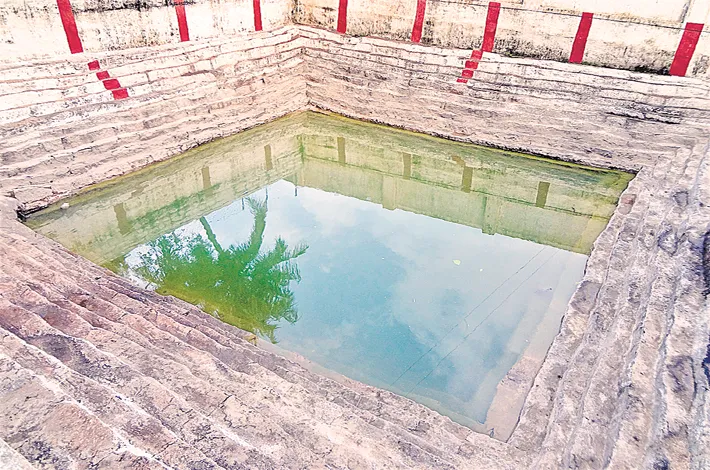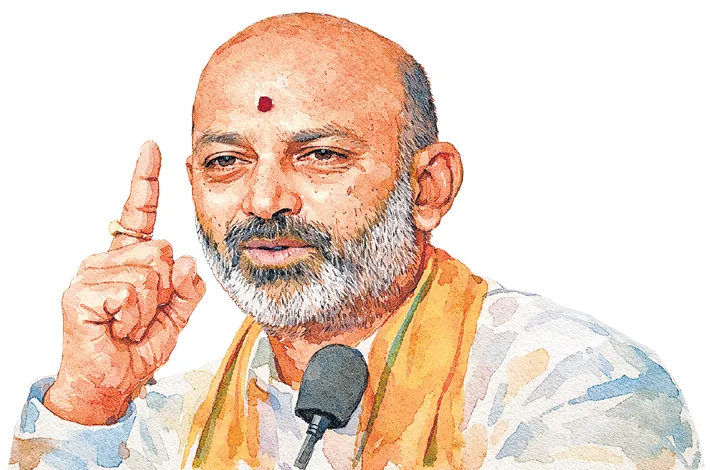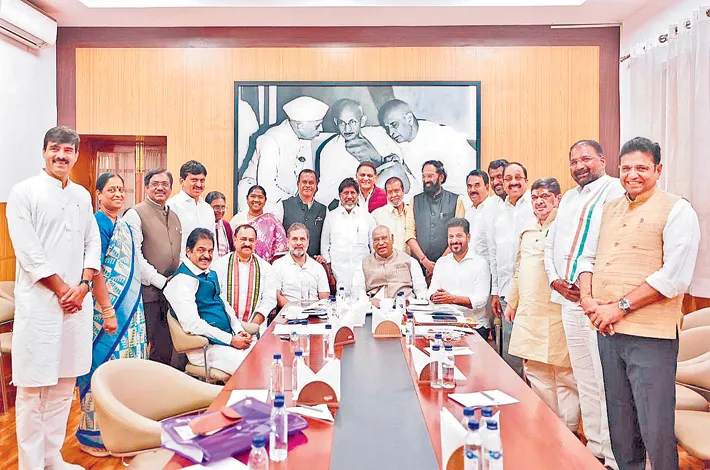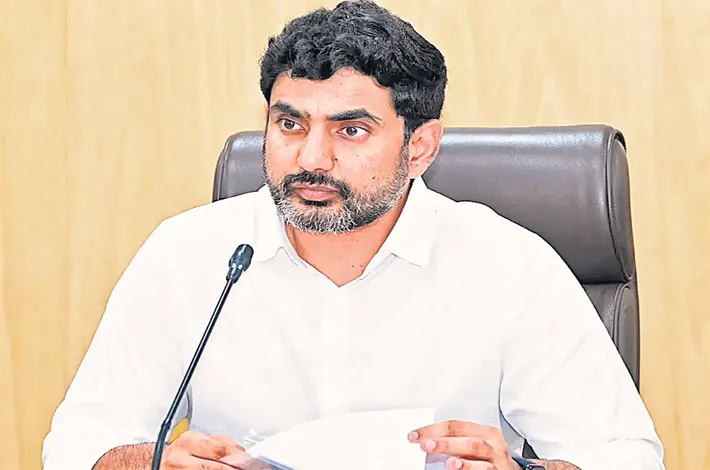40% of Indian cities could run out of drinking water
26-06-2025 12:00:00 AM

State incentives such as property tax rebates for rainwater harvesting can go a long way
Metro India News | Hyderabad
By 2030, nearly 40% of Indian cities could run out of drinking water. It’s not a distant worry but a harsh reality of today. Dry taps and water tankers have already become a common phenomenon. India depends heavily on groundwater, which now makes up over 60% of the country’s water supply. Unfortunately, this vital resource is being extracted much faster than nature can replenish it.
A NASA study revealed that North India’s water table is dropping by as much as a foot each year. Rapid urbanization adds more stress. Bengaluru, once called the “City of Lakes,” is now rationing water in several localities. By 2030, water demand could double while supply may fall short by 50%.
Innovative technologies like Smart Water Meters & Data Monitoring are playing a pivotal role in making India’s cities water resilient. Smart meters mirror smart electricity grids, tracking consumption in real time and detecting leaks early. These meters empower consumers with data, reduce non-revenue water (NRW), and enable tiered pricing where higher use incurs steeper charges. India loses 38% of its water to leaks, theft, and inefficiency- collectively known as Non-Revenue Water (NRW).
Advanced treatment systems like Membrane Bioreactor (MBR) technology are transforming sewage into clean, reusable water by effectively removing bacteria and viruses and produce water pure enough for industrial reuse. Under the AMRUT 2.0 mission, India aims to reuse 20% of urban and 40% of industrial water by 2030.
State incentives such as property tax rebates for rainwater harvesting in Karnataka and Maharashtra have been seen to work effectively. Just as energy utilities incentivize LED bulbs, water users should be rewarded for installing low-flow showers, dual-flush toilets, and efficient faucets-widely endorsed by conservation experts. Awareness and behavioural change are key to saving water. A lasting impact happens when people truly value water, fix leaks, reuse wisely, and treat it as the precious resource.
(Raghunandan Prasad is Managing Director of Konarak Meters)








